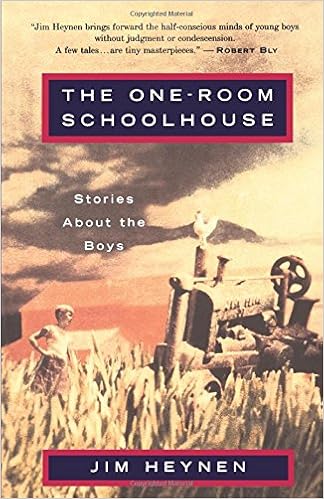When my sister called and asked, it seemed like a slam dunk. They're going to celebrate their anniversary, she said, even though they didn't last year when last year's was the royal one--the 50th. Perhaps because they didn't celebrate, this year they'd decided to go out with the whole family, she said, and we're invited. Never dawned on me not to accept. I told her we'd be there.
There is one catch, something I thought of even as I was telling her we'd come. We'll have two chances, up and back, to pass the exact spot on the highway where our brother-in-law was killed this spring, an overpass I'll always note with horror. Twenty years from now--when I'm so old I'll have forgotten most everything else--if and when I'm at that spot on the interstate, I'll remember. There'll be no cross, no shrine, no highway marker--there isn't one now. But I'll know when I'm there. You better believe I'll know.
Makeshift highway markers are everywhere in this country, turning every last blue highway and byway into an impromptu graveyard. Wherever you go you see handmade crosses hung with this, that, or the other thing, reminders of the man or woman who died right there just off the highway, tributes to imperiled memories too blest to forget.
In 1872, a family on their way to a Sioux County that didn't yet exist left Wisconsin with an entire family, but one--there's no record of his or her name or age--didn't make it. No one knows anymore how that child died, but somewhere just off a trail that covered wagon followed, the family stopped to bury a child at a spot marked for a time, I'm sure, but now long forgotten and since unmarked. His or her name is gone. That she ever lived at all is noted in a family history in a huge book few read.
S. M. Marshall, from Kentucky, died somewhere along the Sante Fe Trail, one of hundreds. Someone, likely a family member, wrote out what's here on the makeshift stone and left it, I'm sure, with the body. Today, that chunk of limestone is displayed at the Kansas Historical Society Museum in Topeka, of interest not because of who S. M. Marshall was--few if any know, I'm sure--but because the ancient stone marker is a symbol of the hundreds, even thousands, whose mortal selves were left behind on the way west.
My brother-in-law was killed at a spot on the interstate that's physically unmarked, but I'll know when I'm there. Even though nobody else in the cars and trucks around me will have even the slightest notion of what's story is playing in my heart in the car that everyone is passing, I'll know only too well.
I'm a Christian, a believer, and I've always thought Flannery O'Connor was right when she famously maintained that for a Christian there's things that are much worse than death.
And I get the Apostle Paul too. I believe him.
So when this corruptible shall have put on incorruption, and this mortal shall have put on immortality, then shall be brought to pass the saying that is written, Death is swallowed up in victory.
O death, where is thy sting? O grave, where is thy victory?I get all of that--I really do. I believe it.
But it does have a sting. Good Lord, it does have a sting.















.JPG)








